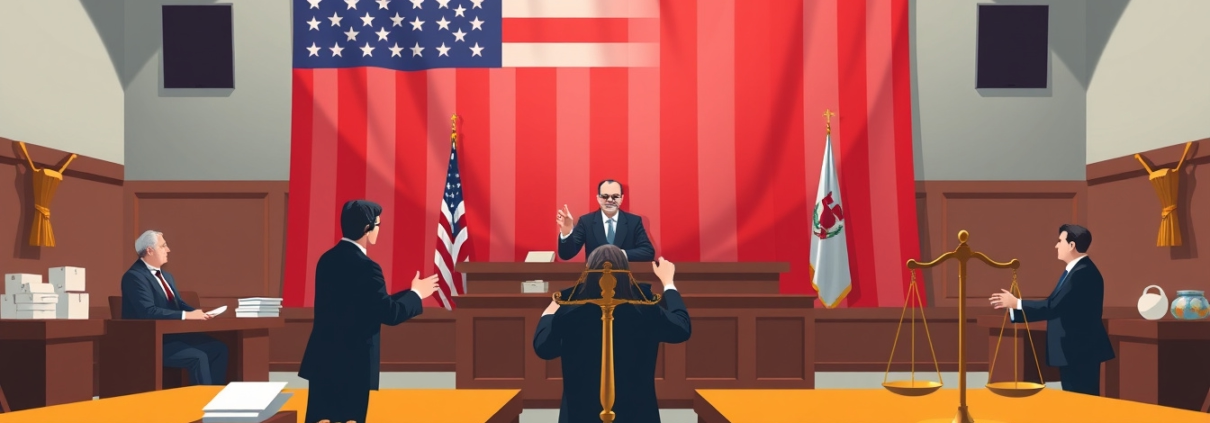Bessent on Tariffs: Unpacking U.S. Strategies Ahead of Supreme Court Decision
U.S. Treasury Secretary Scott Bessent Highlights Multiple Tariff Options Amid Supreme Court Case
November 4, 2025 — The Supreme Court will soon hear a key case that questions the law behind President Trump’s tariff steps. Treasury Secretary Scott Bessent said the administration keeps many plans close at hand if the court rules against the current tariff method.
Supreme Court Case to Define Presidential Trade Authority
The case asks if President Trump went beyond his power under the International Emergency Economic Powers Act when he set high tariffs on U.S. trading partners. The ruling will change how much control a president holds over trade moves.
During a CNBC Squawk Box interview on Tuesday, Secretary Bessent said:
"There are many other authorities we can use. IEEPA is the simplest option. It gives the U.S. and the president strong power to negotiate. The other paths are more tangled but may work well."
Alternative Legal Authorities for Tariff Actions
If the court cuts back on the use of IEEPA, Bessent mentioned two laws that could help:
- Section 232 of the Trade Expansion Act of 1962: This rule lets officials put tariffs into play for national security concerns.
- Section 301 of the Trade Act of 1974: This rule aims at stopping unfair trading actions.
These laws do not give the broad "emergency" power that IEEPA does. They might be more complex to use but still work to guard U.S. trade goals.
Significance of the Court’s Decision
Bessent stressed the meeting on Wednesday matters a lot. He said the case touches on a key policy by the Trump administration. He noted that the Supreme Court usually avoids changing major executive actions and hinted at a positive result.
Status of U.S.-China Relations
The Treasury Secretary also spoke well of the current U.S.-China ties. After a recent summit in South Korea, Presidents Trump and Xi Jinping agreed on steps that pulled back some of the harsh tariffs from ongoing trade battles.
Bessent said:
"It was a very good meeting. Both sides talked with clear respect. I think President Trump is the one leader whom President Xi respects. The ties are in a good state."
He confirmed plans for two state visits in 2026—one in Beijing and one in the United States—showing that talks will continue.
As the Supreme Court weighs this key matter, all eyes are on how its choice will shape U.S. trade rules and the scope of presidential power. Treasury officials stress that, no matter the outcome, the administration keeps solid plans ready to guard American economic interests.
Full money-growing playbook here:
youtube.com/@the_money_grower








